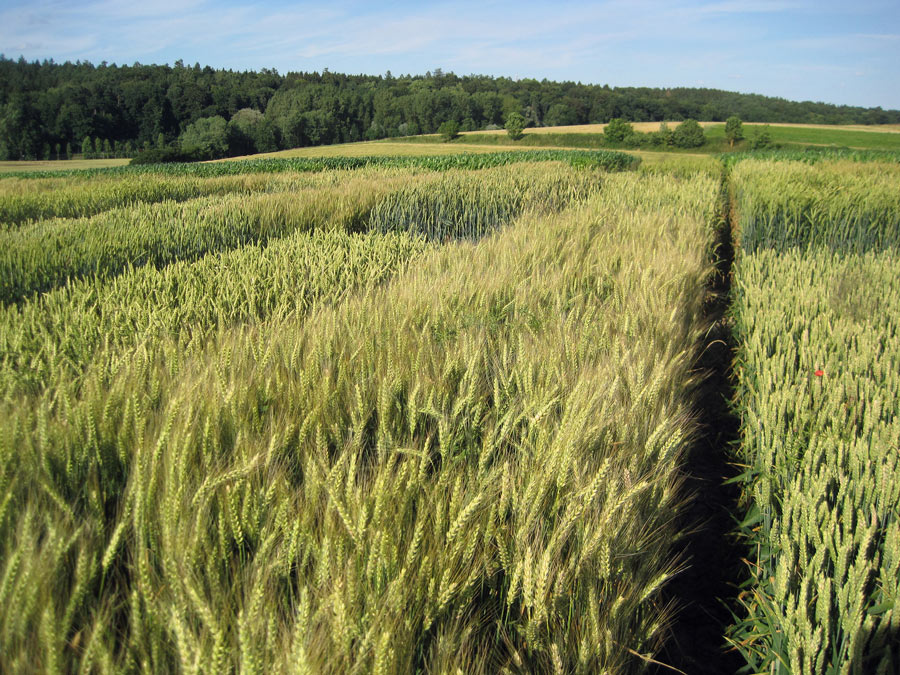Meta-analysis of yield stability compares organic and conventional agriculture
The distinction between absolute and relative stability

Improving global food production and security is one of the biggest challenges of our time. The goal of organic agriculture is to minimize the negative effects on humans and nature by avoiding mineral fertilizers and synthetically produced pesticides.
In addition, stable agricultural production is important – especially in view of the expected greater fluctuations due to climate change. But so far there is little knowledge about how organic and conventional agriculture differ in terms of annual yield fluctuations.
Samuel Knapp from the Chair of Plant Nutrition at the Technical University of Munich and Marcel van der Heijden from the Swiss Center for Agricultural Research, Agroscope, thus investigated annual yield variations in a meta-analysis of previously published studies.
In total, they used165 direct comparisons from 39 published studies. As expected, the analysis confirmed that organic farming produces lower yields than conventional farming – on average 16 percent lower across all crops.
Similar yield fluctuations, but different yield levels
However, the variations in yields were very similar over the years in both cultivation systems. "While this may sound reassuring, it does have a catch," says Samuel Knapp. "Because the absolute yield variations are similar, the fluctuations in the lower yields of organic farming have a greater impact. The so-called relative yield stability is therefore lower in organic farming.”
The differences in stability between the two cultivation systems can be attributed, among other things, to higher fertilization with nitrogen and phosphorus in conventional cultivation. Organic farms can improve their yield stability with green manure and time-optimized fertilization.
The effect of reduced tillage
In their study, the researchers also investigated the effect of reduced tillage. This often has a positive effect on soil structure and soil organisms, but is also known to result in slightly lower yields.
The two scientists compared the yield stability in 367 paired, long-term comparisons of reduced and conventional tillage. The result: The difference in yield, although measurable, amounted to merely two percent. The researchers found no significant differences regarding yield stability.
More information:
The project was funded by the Swiss Competence Center for Agricultural Research, Agroscope and the Swiss National Science Foundation.
Publication:
S. Knapp, M.G.A. van der Heijden, A global meta-analysis of yield stability in organic and conservation agriculture. Nature Communications 9, 3632, 2018
High resolution images:
https://mediatum.ub.tum.de/1481587
Contact:
Samuel Knapp
Technical University of Munich
Chair of Plant Nutrition
Tel.: +49 8161 71 3390
pnut@wzw.tum.de